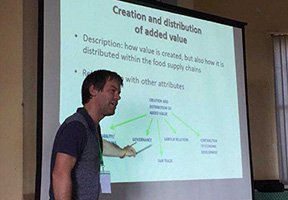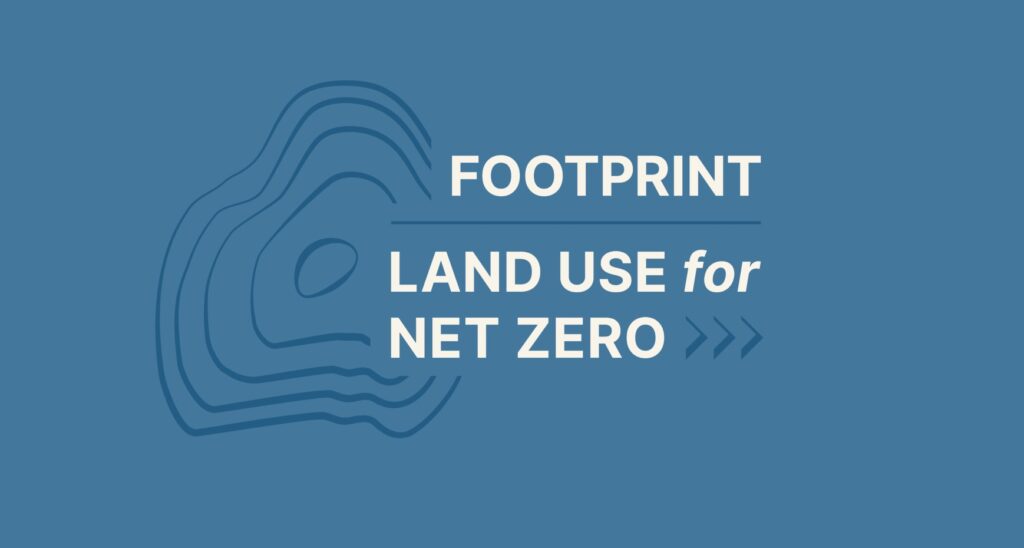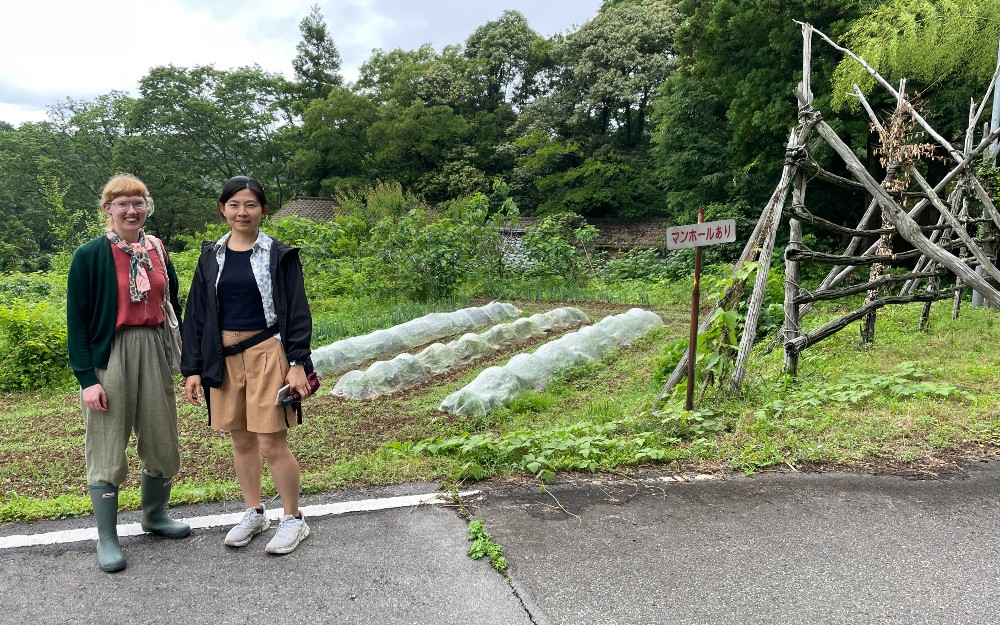
Professor Damian Maye has been in Kenya, where researchers from the UK and Kenya have been working together to develop new research on indigenous leafy vegetable production at a series of Researcher Links Workshops, ran over four days, entitled ‘Improving food security and nutrition in Kenya: Strengthening Indigenous Leafy Vegetables (ILV) research and innovation capacity’.
The workshops addressed the topic of improving Kenyan nutrition by enhancing the nutritional contribution of ILV to the local diet. ILVs are rich sources of micronutrients and beneficial non-nutrient bioactive compounds. However, the importance of ILVs as a dietary mitigation of micronutrient deficiencies has not been fully exploited, partly because of:
(i) limited formal seed production and sourcing;
(ii) poor seed quality;
(iii) Agronomic practices are mainly subsistence level without modernisation;
(iv) high post-harvest losses are experienced due to lack of appropriate processing and preservation methods;
(v) limited awareness of ILVs nutrition and health effects; and
(vi) lack of policy to develop the value chains The multiple barriers to incorporating ILVs into a modern Kenyan diet require multi-disciplinary solutions to the skills and technological gaps along the whole ILV value chain.
Damian, who has a strong background in agri-food restructuring, alternative and local food networks and their role in food security, has been involved in talking about traditional knowledge and baseline data on consumption practices and habits of ILVs, sustainability assessment and food chain performance, and models of sustainable modes of urban and peri-urban food provisioning.
One of the key workshop outputs will be a ILV research and innovation strategic plan that will address the critical knowledge, skills and technology gaps in the ILV value chain to deliver improved food security and nutrition in Kenya. Child malnutrition due to micronutrient deficiency is caused by a complex interaction of basic factors (socioeconomic) e.g. income, education background and policy agendas; underlying factors (household food security, inadequate child/mother care, unhealthy environment and lack of health services); and immediate factors (inadequate dietary intake,
diseases).
The successful bid for the workshop was led by Drs Jim Monaghan and Louise Manning from the Harper Adams University, who also provided overall direction for the workshop, alongside Dr Eddy Owaga from Dedan Kimathi University of Technology, Nyeri (the Kenyan lead/local organiser for the workshop).
Researcher Links Workshops bring together Early Career Researchers from the UK and partner countries to make international connections that can improve the quality of their research. These grants are funded under the Newton Fund, a UK Government initiative funded by the Department of Business, Energy and Industrial Strategy, together with partner funders from Newton Fund countries. The Fund aims to promote the economic development and welfare of either the partner countries or, through working with the partner country, to address the problems of low-income and vulnerable populations.





